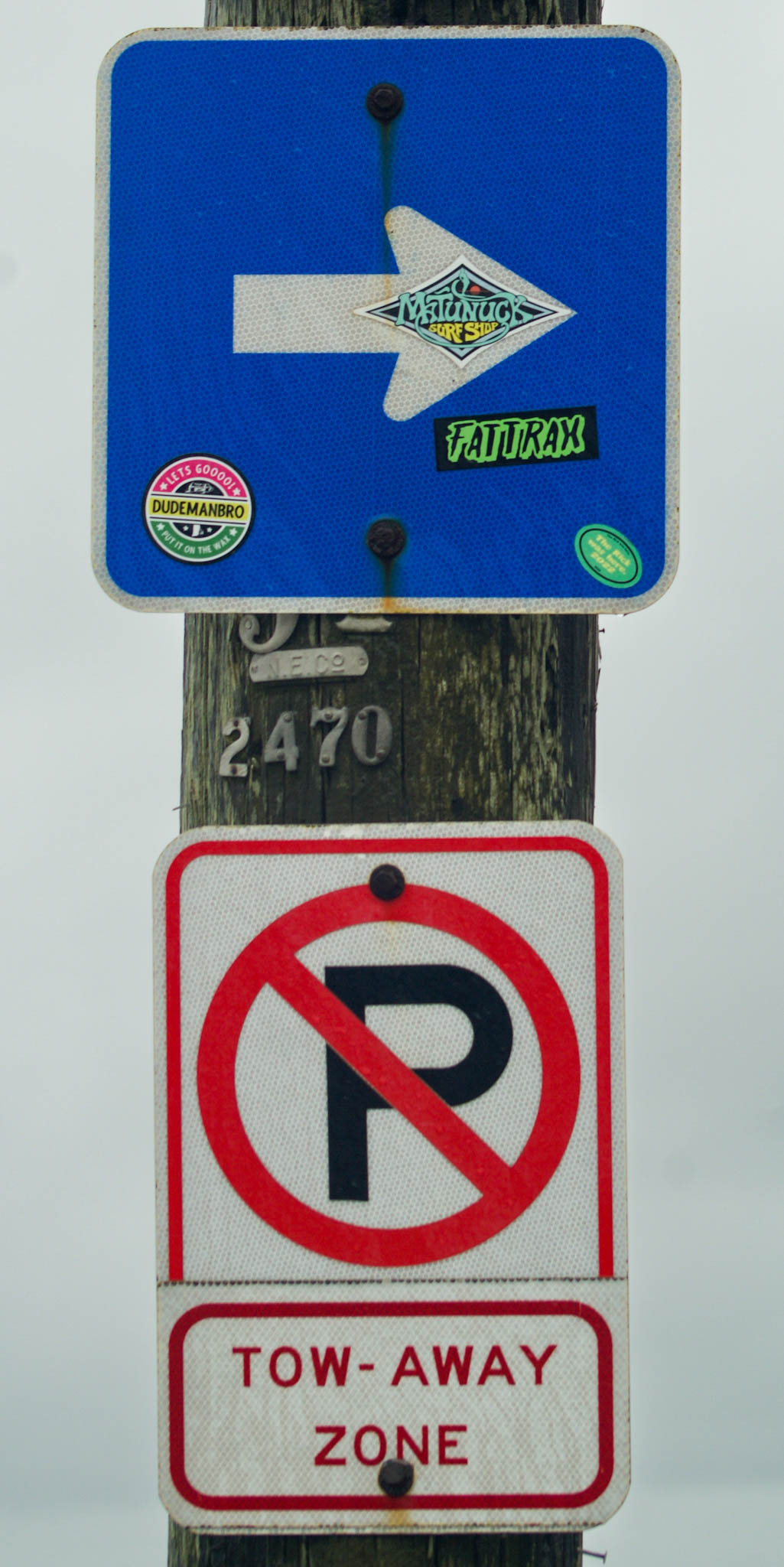State Rep. Terri Cortvriend and Sen. Victoria Gu announced bills to protect shoreline access points on March 26, according to a Rhode Island General Assembly press release.
One bill would allow towns in Rhode Island to preserve abandoned roads that act as access points for shore recreation, some of which are abandoned or are threatened to be abandoned due to flooding and sea-level rise.
The second bill is aimed at protecting parking rights of way of shoreline access as designated by the Coastal Resources Management Council (CRMC).
“We were inspired by a Providence Journal article a few years back titled ‘Who Rules Forgotten Roads Advocates Push for Public Access’,” Gu, who represents the town of South Kingstown among neighboring municipalities, said.
One of those advocates who pushed for this legislation was University of Rhode and Surf Club alum Conrad Ferla. He started a movement in 2019 with thousands of people to write and help pass a shoreline access bill in Rhode Island, Ferla said.
“We fought for shoreline access, we got public access restored in Point Judith, we saved the public parking on Ocean Road, we got a shoreline access bill which gives everyone 10 feet above the highest wrack line of the day,” Ferla said, “All Rhode Islanders have a constitutional right to the shore for fishing, education, reaction and seaweed collection.”
Ferla’s advocacy group listed what they identify as threats to shoreline access.
“I’ve watched the slow erosion of our ability to access the beach affordably over my lifetime,” Ferla said.
During Gu’s first campaign, while going door to door, shoreline access was a top issue people brought up making rise to become a top legislative priority, Gu said.
“The first year I was in office I did a lot of research and helped pursue a compromise on that bill,” Gu said.
This new proposed legislation comes from a long line of shoreline access bills passed and introduced by state representatives in Rhode Island.
This new set of shoreline access bills hopes to further improve and ensure public access to Rhode Island’s shores in the wake of rising sea levels, according to Ferla.
“There are a lot of roads that are pretty much on the dunes, in a dynamic surf zone,” Ferla said. “The ocean is coming to get them, it’s inevitable”.
The two new bills give towns the third option of turning abandoned roads into public access easements as opposed to the previous options of privatization or costly and ineffective maintenance, Ferla said.
“Because of sea-level rise and erosion, we also have to look at the long-term future of shoreline access,” Gu said.
In the future Ferla wants Rhode Island shores to be public and accessible for all, secured access points and new infrastructure that incorporates a macro view of the entire bay to boost the state economy.
“We are the ocean state,” Ferla said. “People come here to eat and swim and use our bay so we should have the absolute best access and infrastructure possible for everybody because it is paramount for our economy”.
Good ways of getting involved in state government include: staying up to date on what’s happening at the state house, reaching out local representatives and getting connected with advocacy groups, according to Gu.
“Staying active in your government, participating in democracy and social media, all at the same time, can manifest real change regarding shoreline access,” Ferla said.
One way the URI community can stay connected with issues of shoreline access is by plugging into events at the Coastal Institute and by studying marine and legislative topics, according to Gu.





